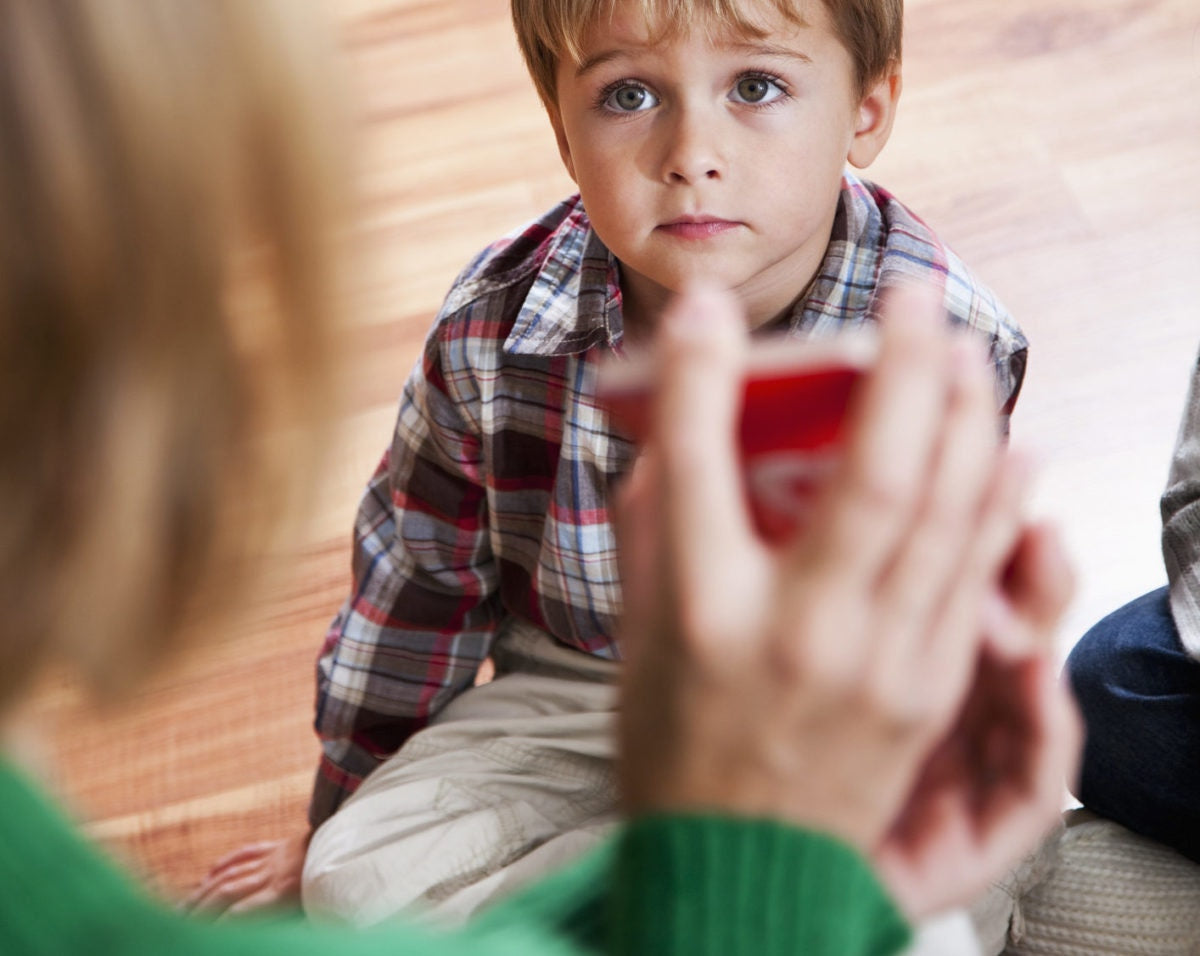The Myers Briggs Type Indicator is one of the most popular personality assessments, and many people know where they fall on that scale. Though I have taken the Myers Briggs, I didn't become interested in personality typing until I came across the Enneagram while reading
"The Road Back to You" by Ian Morgan Cron and Suzanne Stabile. Not the typical personality typing system, the Enneagram is made up of nine numbers that place a person in a category, as well as assigning them a wing number that is an aiding type. Personality types range from the Reformer to the Peacemaker, with a plethora of options in between. The goal of the Enneagram is to give people a comprehensive look at their strengths and weaknesses and assess the motives for their behavior. How do they respond when they are in a healthy state of mind? What are their go-to behaviors when they are not? What motivates them, and what are their biggest fears? The biggest question in my mind when I came across the Enneagram was: Will this help me understand my own behavior and offer ways for me to regulate my own actions? Also, could it help me teach my kids to do the same?
Understanding the why of our behavior
Versions of the Enneagram have been around for thousands of years, though researchers are unsure of the exact origins. While some focus on the Enneagram for spiritual growth, others view it as a tool that can be used for educational or business purposes. The Enneagram, at its core, offers an awareness of who we are. Most children, and even adults, don't know themselves well enough to understand why they react in certain ways. That's why, when a person discovers their Enneagram number, it's like recognizing themselves while still being shocked that they didn't see who they were before. The Enneagram assessment should not be mistaken for a feel-good quiz where all the answers lead to awesome. It's an honest look at human behavior, and it simply can't be accurate without being difficult. Though the Enneagram's revelations are harsh, its honesty is the reason it works. Imagine my surprise when the pride of finding out that I'm a two, a Helper, melted into the understanding that my main motives for helping are often misguided and unhelpful. Knowing what we do wrong is as important as knowing what we do right since bad behavior is what we strive to change. Knowing the motives behind our choices, something the Enneagram effectively offers, means we can deal with our core reasons for functioning the way we do and make changes when those are unhealthy.
How the Enneagram helps
After finding out I was a two, my world split apart in the best way. I now understand why the thanklessness of parenting wears on me so much. I apparently love to help but feel rejected when no one notices. Sure, I want the people in my house to be happy, but I want to be the reason they are, and I want them to see I am the reason they are. When they don't, I seethe. I'm also horrible at asking for help, instead preferring people just know what I need. As a two, I am pretty good at figuring out what others need before they ask. This has led me to perform difficult tasks, like taking all four of my children with me to get a pap smear. I refused to ask for assistance and didn't understand why I should even have to ask. Once I figured out my type, I was able to consciously deal with my behavior because I knew why it was happening. I soon turned to the other members of my family and tried to figure out where they fit on the Enneagram. It wasn't that hard for me to make some predictions, and within a few days, behaviors from kids that were once mysteries started making sense. I saw motives, not just behavior, and it changed the way I responded to all of my children. Having a good idea of where my kids fall on the Enneagram gives me a way to break out of one-size-fits-all parenting and offer each child more of what they need based on their type. It also gives me a way to teach my children that everyone has their own strengths and weaknesses, and that we don't all react to situations in the same way.
Empathy and the Enneagram
Michele Borba, author of
"Unselfie: Why Empathetic Kids Succeed in Our All-About-Me World", feels that
empathy is the most important skill our kids need to learn, and parents much teach it to them. Given the Enneagram's knack for understanding others' motives, it can also help with teaching empathy. Instead of raising a child who can't put themselves in someone else's place, we can teach kids to tune into someone's Enneagram type and assess their motives from a place of understanding. That doesn't mean we teach our kids to pigeonhole people. We can simply encourage them to look underneath the behavior to the person. This helps them handle their own responses better and see things from someone else's point of view.
The dangers of typing
Of course, there are always drawbacks to placing ourselves or our children into categories. While being self-aware and aware of others is important, equating awareness with simply typing a person and then assuming they will follow the path of their type is irresponsible.
Dr. David Daniels, co-author of
"The Essential Enneagram", says that deciding what Enneagram type we fall into is about self-discovery. We may be able to look at our children and figure out where they fall, but to express that to them can cause problems. One, we may be wrong. Two, we may start to see their behavior only as it fits into our idea of where they fall on the Enneagram. It also violates the journey being one of self-discovery, instead turning it into us telling them who they are. Daniel's warns this can lead to us turning our kids into a stereotype instead of viewing them as a fully developed person. Cron and Stabile titled their book "The Road Back to You" for a reason. Where we fall on the Enneagram usually becomes apparent early in our lives. As adults, finding out where we fit on this spectrum can feel like stripping away false layers we've clothed ourselves in through the years and coming back to the core of why we behave the way we do. When I spoke to my father about my childhood, he confirmed that my behavior pointed to me being a Helper as a child, decades before I knew what being a Helper meant. Typing responsibly (and quietly if we're assessing someone else) helps us know how to better interact with people. We may also be able to help our children deal with the challenges specific to their Enneagram number, even if we are not telling them what that number is.



